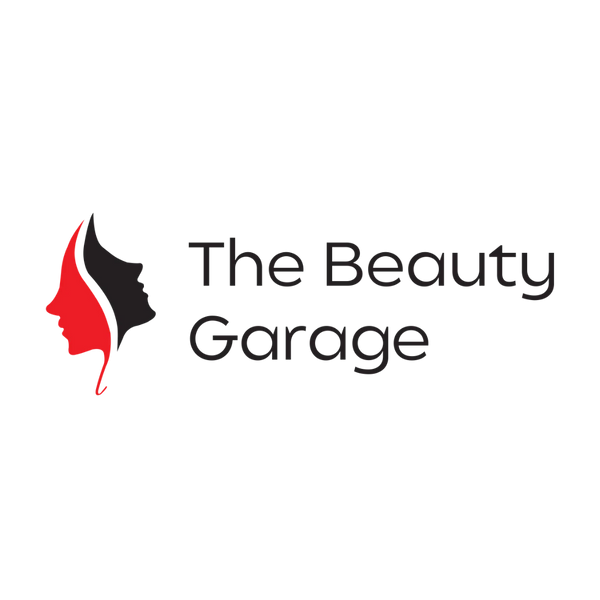Everyone is unique. Everyone has a unique body, a distinct personality, and, yes, a unique type of hair. Having the appropriate hair care routine in place for your particular hair type is essential if you want your hair to feel and look its best. This is due to the fact that different hair kinds generally possess their own unique biochemistry.
Care for wavy or curly hair must be approached differently than care for straight hair. If you only shampoo and condition your hair once a week, but that is it, it is probably time to reevaluate your hair care regimen and see if there are any more steps you should be taking.
So, here is all you need to learn about the best ways to acquire the lustrous, wholesome hair care routine of your dreams. Let’s get started!
Tips to Determine the Healthier Hair Care Routine
If you are wondering what kind of hair care routine to follow, the first step is to determine your hair type. The best way to do this is by asking yourself a few questions about the health of your locks and the overall look of them. By answering these questions honestly and objectively, you will be able to identify which type of hair you have so that you can begin choosing products that will work best for it.
Know Your Hair Type
Hair type is the most important factor in determining your hair care routine. Knowing what products are right for your hair type and how to wash, condition, and style it will help you take care of it properly.
Knowing these things is especially important if you are planning to make a change or have a new look that involves cutting off some length. Even if you already know what kind of cut looks good on you, having a professional handle the actual process can help ensure that the cut is perfect for your face shape and hair type.
Curly Hair
Curly hair is fragile and prone to breakage. This means you will have to be gentle with it when washing and styling your curls, which can be tough for some people. But you can take care of it by following a few steps.
First of all, curly hair needs to be washed less often than straight or wavy hair — about once every four days or so is best. If possible, try using a sulfate-free shampoo (which will also help keep frizz down). Try not to brush through your curls while they are wet because this can damage them as well; instead use conditioner on them after washing with shampoo. Lastly, always use a moisturizing conditioner — not just any old one though!
Wavy Hair
Wavy hair is a combination of straight and curly hair. It tends to have a slight bend along the length of the strand, making it more flexible than straight or curly hair.
Wavy textures are usually considered the most versatile, as they can be styled in many different ways — from beach waves to sleek curls to messy buns.
For a wavy hair care routine, use a shampoo designed for hair with wavy to curly textures. You would not be providing your hair with the essential care it requires if you choose a shampoo designed for a different hair type, such as straight hair.
You should not only use a shampoo designed for wavy hair, but you should also use a conditioner that is designed for your specific type of hair.
Your hair may break if you use a comb on wet hair. To start, untangle your hair with your fingertips. You can then attempt to detangle any knots with a wide-tooth comb if you were unsuccessful doing so with your fingers. Instead of starting at the roots, start combing your hair from the ends and work your way up.
Straight Hair
Straight hair tends to have a spherical shape. It has less volume and thickness than other hair types, and it usually falls flat on your head. Straight hair is also very fine, so you may need to use a volumizing shampoo or conditioner to give your locks a wholesome body.
You should avoid shampoos that are too harsh for straight hair, as they can damage the cuticle of the hair shaft (the outer layer) and cause split ends. If you have dry scalp issues, look for a moisturizing shampoo that is free of sulfates and parabens — these ingredients can be hard on your scalp and cause irritation if you are sensitive to them.
If your locks are prone to tangling or lack shine, try using an anti-frizz serum before styling so that frizz is minimized during blow drying or air drying. You should also use detangling sprays after showering because this will prevent breakage caused by combing wet strands out with force when towel drying; instead spray onto damp strands then gently comb through with a wide tooth comb while still wet.
Coarse Hair
If you have coarse hair, your strands are often dry and difficult to manage. Because of this, it is important to use products that will moisturize your hair without weighing it down or making it greasy. An excellent way to do this is by using a conditioner that is moisturizing and hydrating. This type of conditioner helps keep the scalp hydrated while also providing volume at the roots — two things which can be difficult for coarse hair types.
Fine Hair
As a fine-haired person, you are at risk of damage and frizz. If your hair is dry and prone to tangling, it can be even more difficult for you to get the healthy look that you want.
To avoid breakage, try using products that are designed specifically for fine hair. These products will have lightweight formulas that would not weigh down your locks or cause them to feel greasy or limp (two things fine-haired people really don't want).
When using styling products, go easy on the amount of product used in each section of your head — less is more!
Adjust Your Hair Care Routine With Your Hair Type
Your hair is unique, and so should your routine be. Your daily care regimen should consider the many factors that can affect the health of your hair. It is important to know what kind of hair you have, and how it responds to products.
Hair types are often categorized by texture (curly/wavy vs. straight) or density (fine vs. thick). Knowing your own personal characteristics will help you find the right products for your needs; once you establish exactly what type of routine to follow, you’ll be able to get excited about having healthy, beautiful strands!
Conclusion
You should look for products with ingredients that are beneficial to your hair type. For example, if you have curly hair then look for shampoos and conditioners that contain citric acid or wheat protein. If you have fine hair, opt for deep conditioning treatments instead of regular shampooing. It is important to know what works best before making any changes so that they don't cause damage instead of repair.

